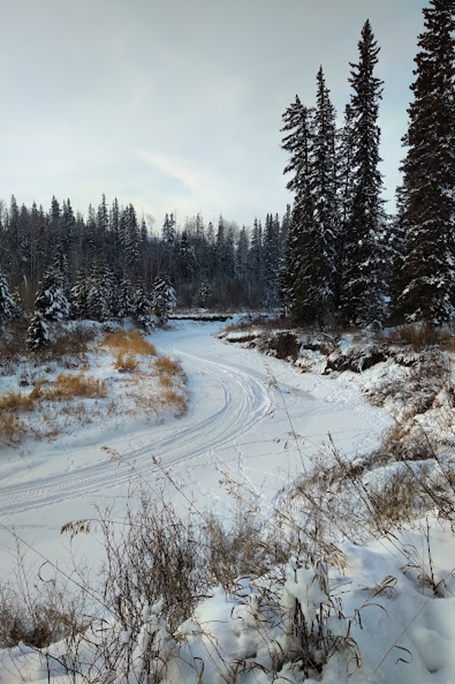The ancient writer of our psalm, one of the oldest
psalms in the bible, reminded us to give credit for the beauty of nature to
God. Recognize God in those moments of wonder. Honor God in those moments of awe. See God in those country roads, those shining
waters, those mountains and hills, but don’t get messed up thinking that the
hills and mountains are God. They are
fragile and changeable, not as permanent as we’d like to imagine. God can disrupt and change that which we mere
mortals see as unchangeable. Which is a
good thing from time to time.
We need disruptions to keep our attention on the right
things. It’s important not to get stuck
in ruts, assume we have all the answers, that we’ve come to an end point in our
thinking or understanding. And God seems
to shake things up just when we least expect it, sometimes in powerful ways,
sometimes in gentle whispers.
Baptism and confirmation are when we take a moment to
recognize the disruptions that have brought us to a new stage in our
lives. A new baby, a new family, a new
understanding of our faith come together in the waters we use to symbolize a
change has taken place, something new is in our lives. It can be something we can’t quite put into
words and bring a lump into our throats just like a beautiful sky or a glimpse
of river. Something we wish we could
sing about if only we could find the right tune.
Baptism and confirmation are not the end point. And they are not some kind of magical spell
or ritual we cast to prevent bad things happening, the storms of life from
hurting us. Jesus was baptized and it didn’t
keep him safe, he got crucified. He
wasn’t baptized to give himself a ‘get out of hell free’ card like we’re
playing some kind of cosmic Monopoly game.
These kinds of ideas were what people thought baptism was but not for
John and Jesus. Confirmation too used to
be a sign of who was in and who was out.
When I was growing up, confirmation was the ticket we needed to have
communion, or teach Sunday School. It
became a wall that kept ‘them’ in and us kids out. It was something that excluded. And just as our faith grows and our ideas
about how to worship change from one decade to the next, so our understanding
of baptism and confirmation also change.
Not every church is comfortable with change. There are churches that still forbid organs
and pianos as sinful. There are churches
who have women and children sitting on the left and men on the right and never
the twain shall meet. There’s one United
Church in Halifax that has gates on their pews and the ‘free’ pews in the back were
where people sat if they couldn’t afford to pay for a box. Even today no one sits in the front box for
that is reserved for the Lieutenant Governor of Nova Scotia. I don’t know if it’s ever used.
Jesus and John were not interested in putting walls up
or boxing people in. They were
interested in getting people to look up, past the walls that hemmed them in to
look at far horizons, and to take courageous steps on our journey towards
God. They were interested in rituals
with simple everyday things like water, bread, wine, and fish that would break
down walls between people. Even then,
they were working together to bring hope and inspiration to ordinary people
like you and me. They were working
together to stir things up, to get folks thinking, to inspire new ideas and new
ways of being in community. Just like
country roads with the radio reminding us of our home far away, baptism and
confirmation are the voice of Jesus calling to us today to move beyond our
walls to far horizons together with this congregation of courageous travelers. May we hear that voice and heed the call and
find blessings and fellowship this day and ever more. Amen.





